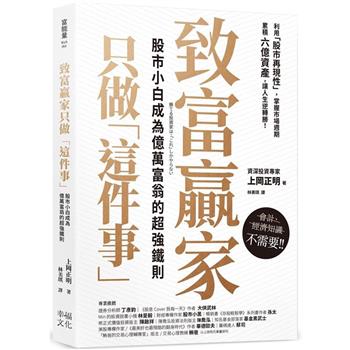Widely regarded as the most important ground for refusal under the 1958 United Nations Convention on the Recognition and Enforcement of Foreign Arbitral Awards (New York Convention), Article V(1)(b), commonly referred to as the ’due process’ clause, is interpreted in diverse ways across jurisdictions. This book not only thoroughly examines the variety of approaches to the clause adopted by different national courts but also presents a particular understanding of the transnational approach to the due process defence grounded in the interpretative framework of the Vienna Convention on the Law of Treaties.
Drawing on insights and methods from comparative law that consider not only national legal systems but also international commercial arbitration and other international legal regimes, the author specifically leverages the principle of audiatur et altera pars and subsequent state practice. Among the matters examined are the following:- threshold requirements for the due process defence;
- policy considerations of and relevant limits to the interpretation and application of the due process defence;
- proper notice of the appointment of the arbitrator or of the arbitration proceedings;
- opportunity to present a case and equal treatment; and
- the lex arbitri, lex fori, and uniform transnational approaches to the applicable law for the due process defence.










